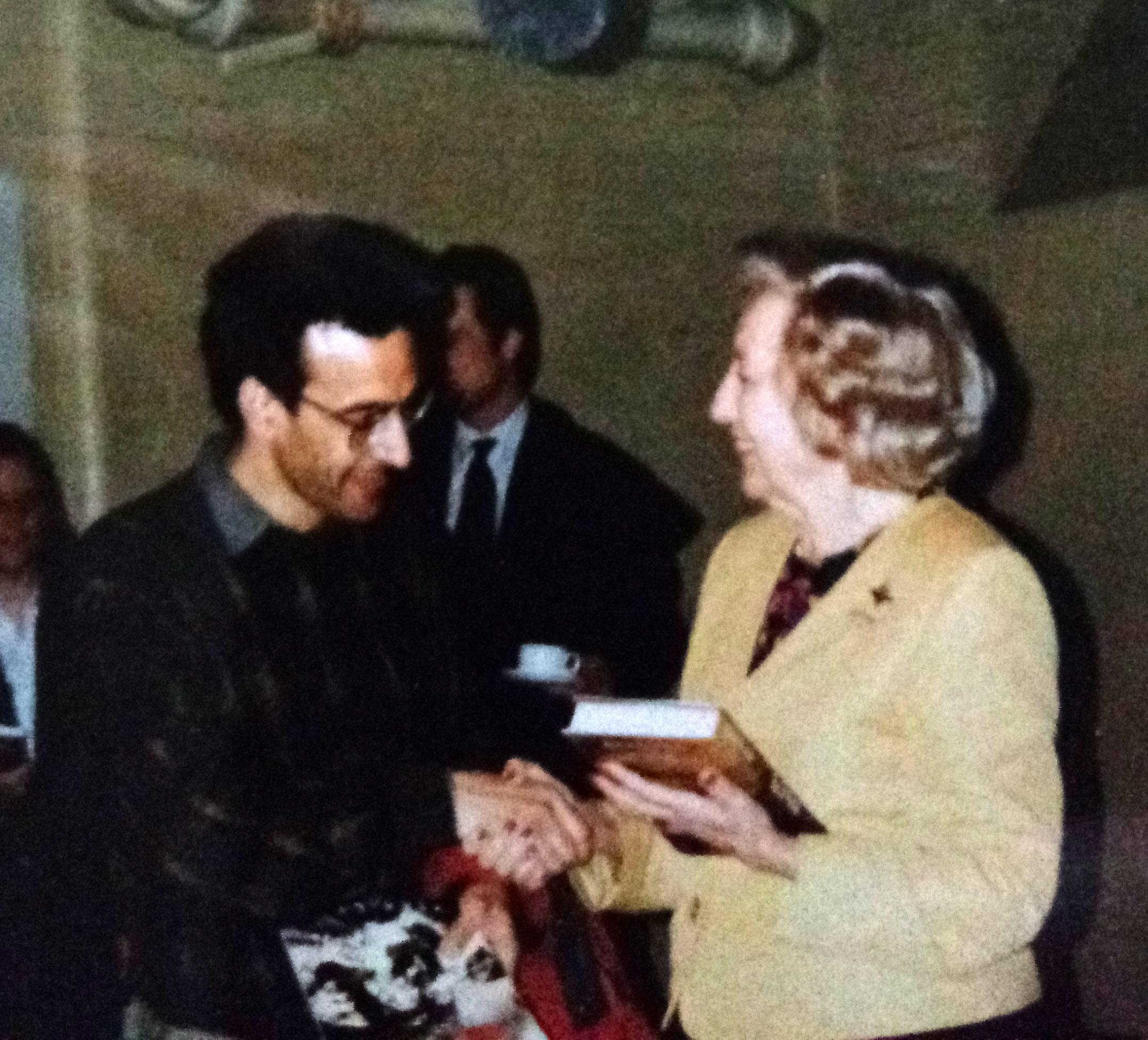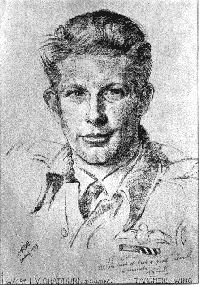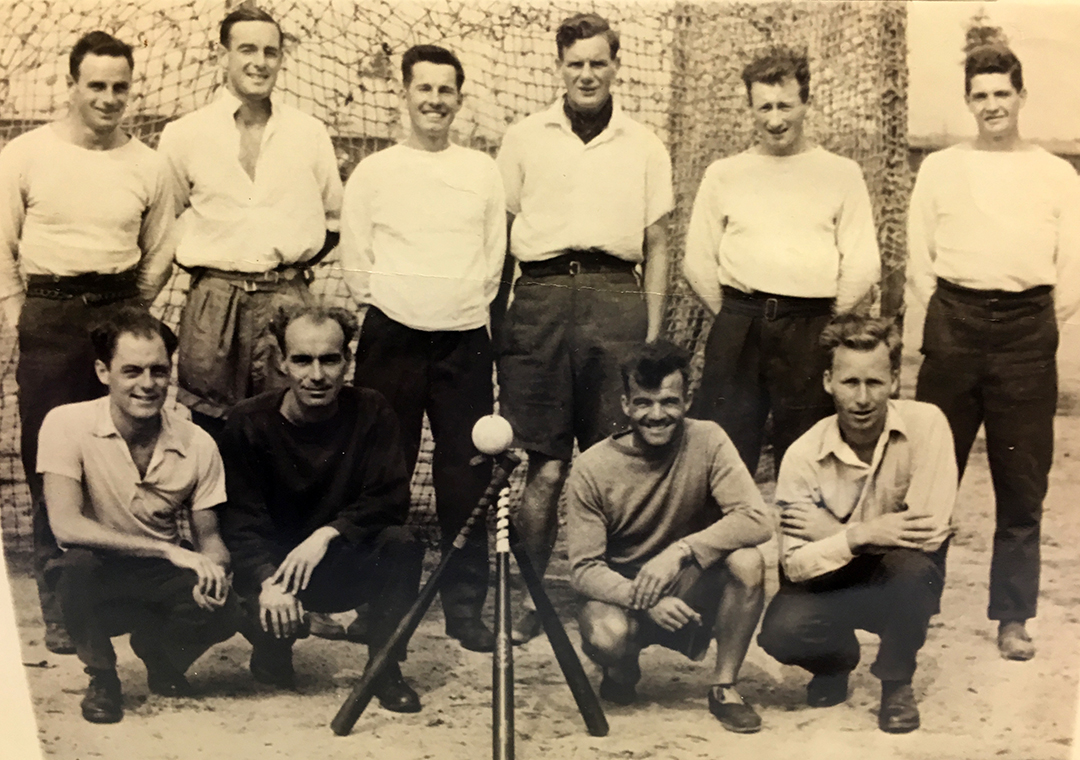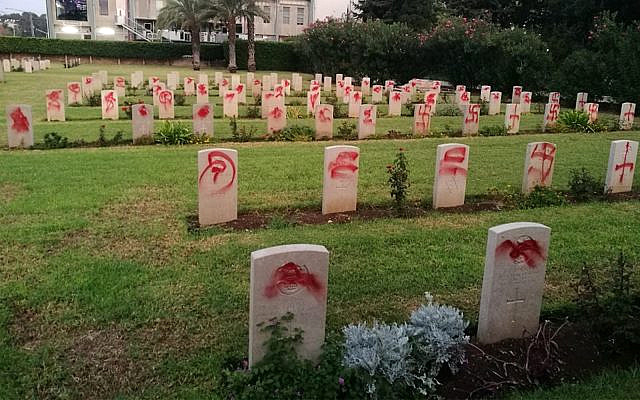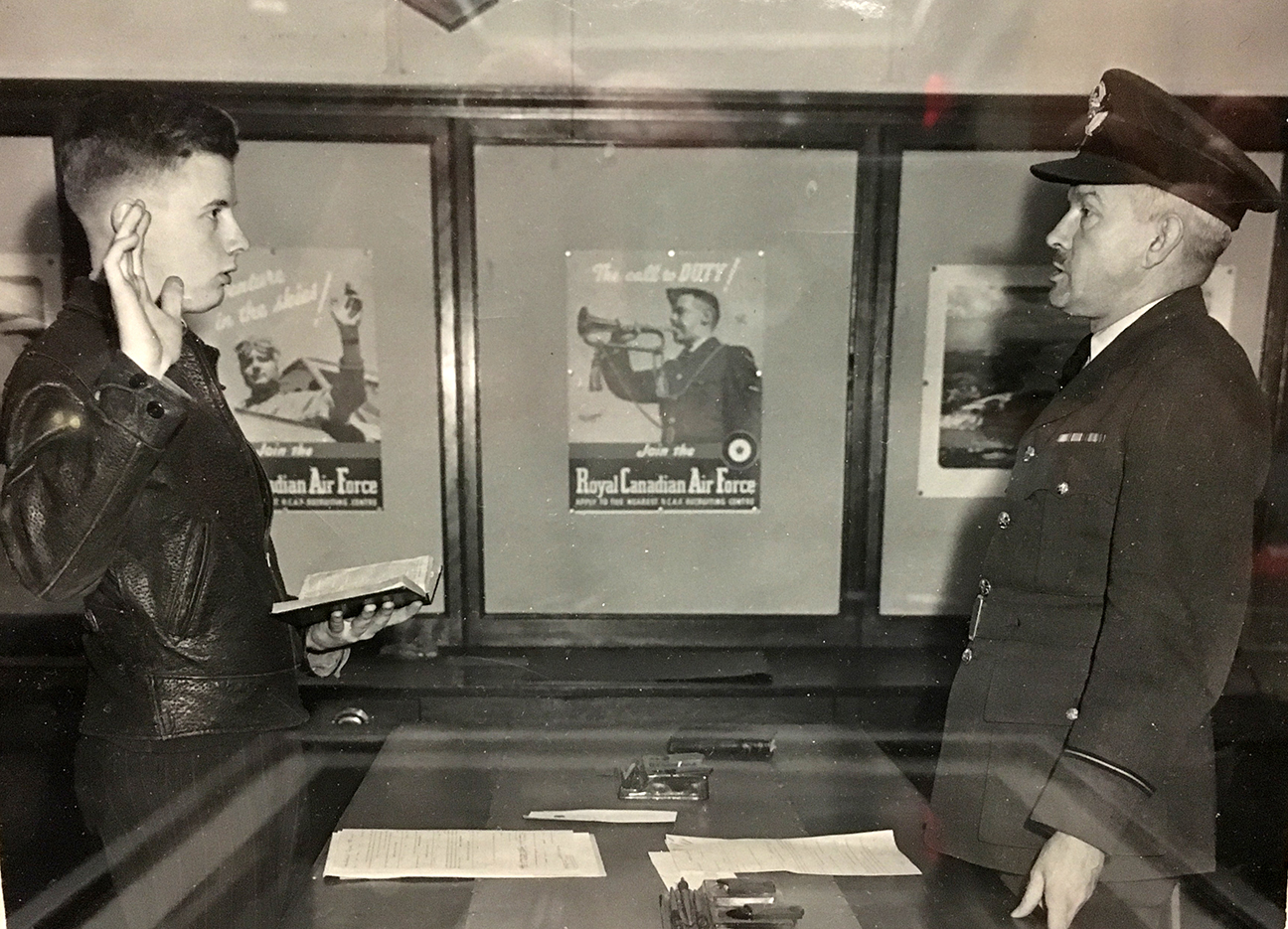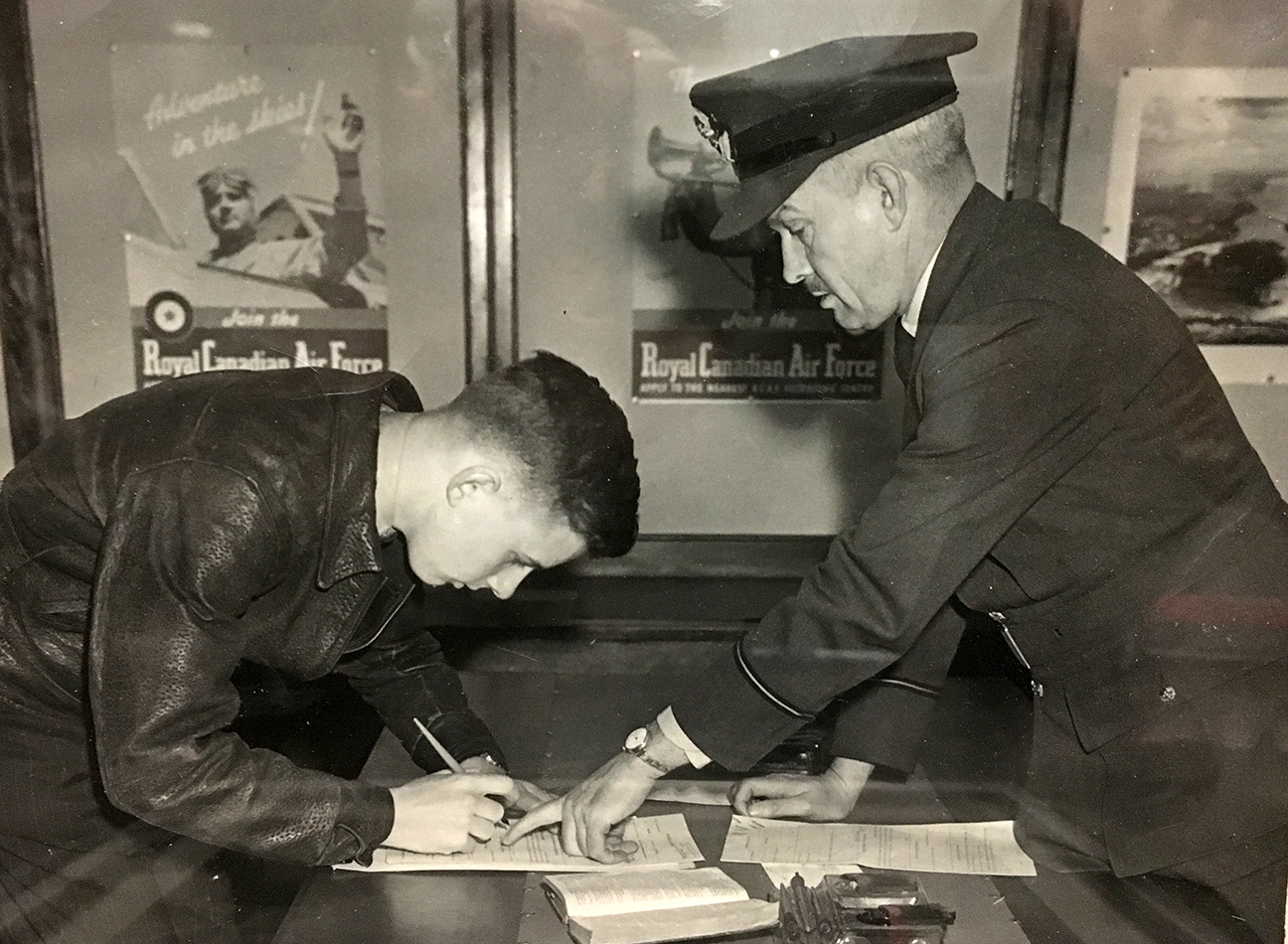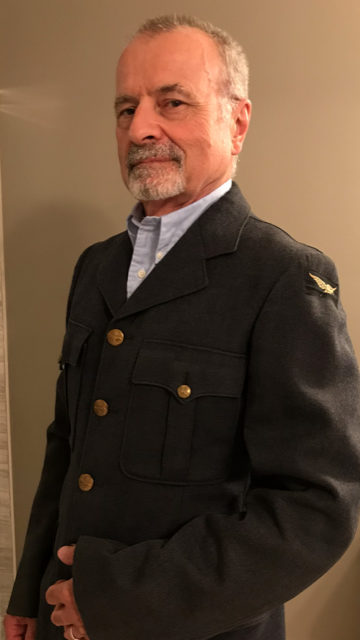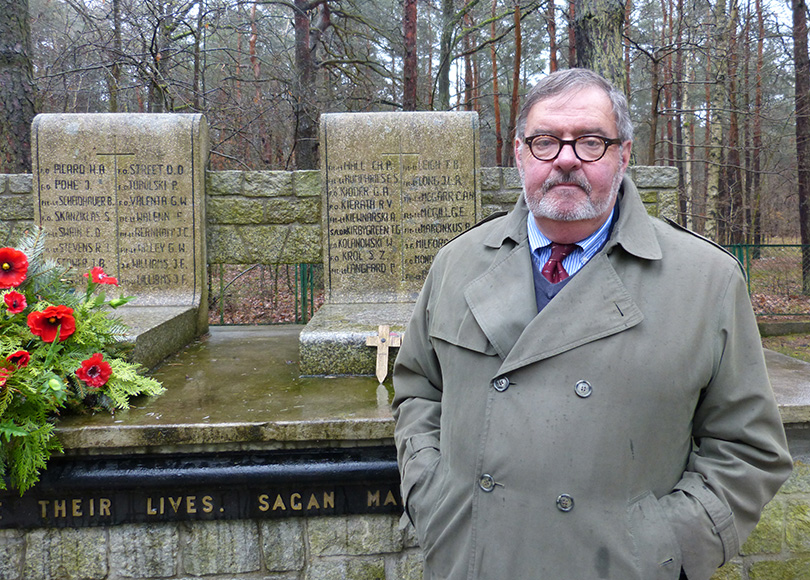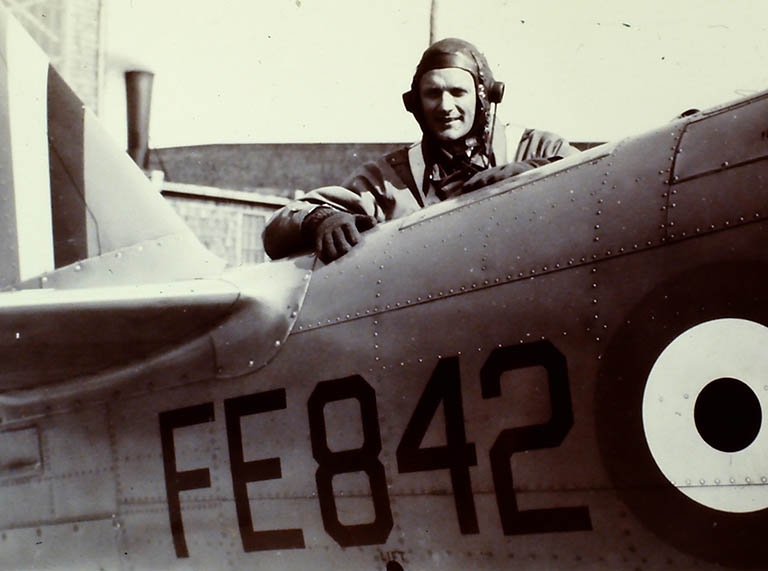
It was kind of like the last breakfast for a condemned man. Whenever Canadian and other Second World War aircrew got word they were facing a tough bombing mission over enemy territory in Europe, the crews were invited to enjoy the most precious breakfast in all of Britain at that time.
“Bacon and eggs. You got bacon and eggs,” my veteran friend Bob Middleton told me on the weekend, “because you didn’t know if you’d be coming back.”
Those nights when Bomber Command aircrews boarded their Lancaster, Halifax, Whitley or Mosquito aircraft to fly most of the night over Nazi-occupied Europe, seem oh so long ago. (more…)

